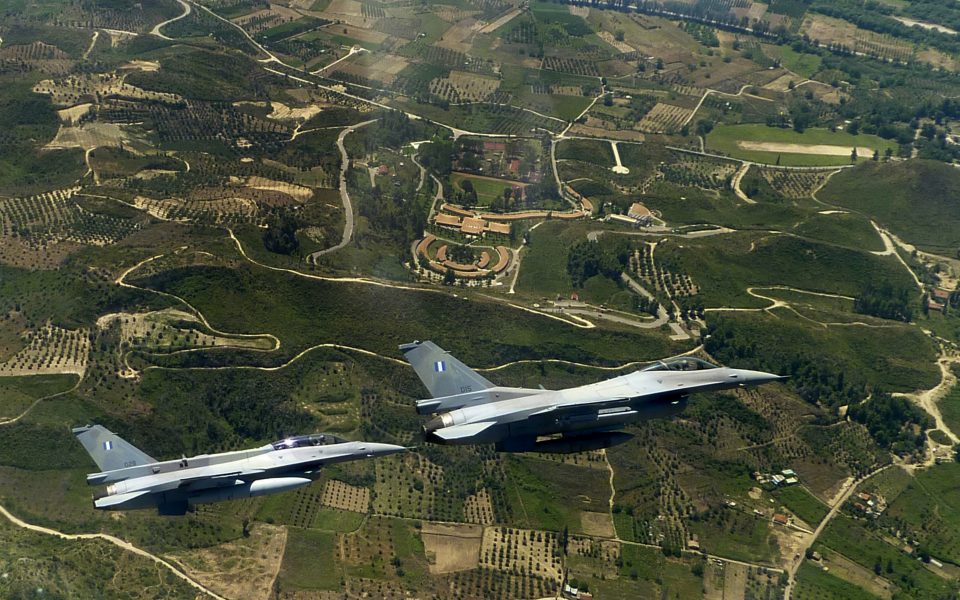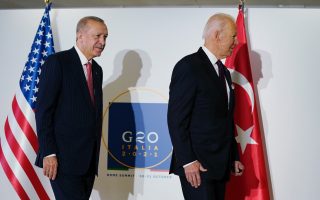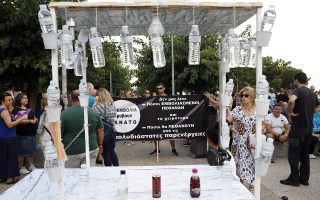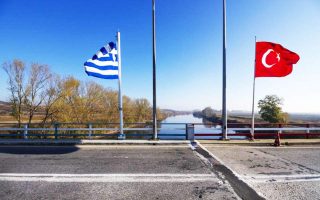Let’s be proactive in foreign policy for our national economy

Let’s be honest here, since 2022 has already started its countdown. Greeks are in a much better position economically than they were at the beginning of the economic crisis in 2010. Unfortunately, this is not due to the enhancement of domestic entrepreneurship or the rise of foreign direct investments to the dry national economic fields. It is because this government managed to shape up our national prestige internationally. Today Greece is not the black sheep of the European Union, and this gives us an advantage in the way international financial actors are approaching our eco-finance status.
However, miracles don’t last forever in international affairs. Sooner or later, the structural fragilities of the Greek economy will re-emerge, and the rest of the European states will again turn a cold shoulder to Greece, the “usual suspect” of the Union’s disciplined economic modus operandi. However, it will be a well-expected etiquette since the end of the pandemic will require a Herculean economic effort to exit the financial stagnation from every EU state.
The dark clouds for Greece are already visible on the horizon, so the state should act pro-actively by designing a new kind of approach internationally. This will be combining our regional defense prerequisites with our European status to help our national economy from the pressure that is bound to accept in the following years.
According to Article 42(7) of the Treaty of Lisbon, every EU member state has to aid and assist another member state which is a victim of armed aggression by all the means in its power. This provision is in accordance with Article 51 of the UN Charter. Greece is a subject of Turkish constant armed aggression based on Turkish fighter jets’ persistent violations of the Greek airspace. The Greek Air-force has the capacity and the capability to deal effectively with this kind of continuous provocations. At the same time, Greek jet pilots also prove their high level of training and professionalism.
Nevertheless, the engagements for the Turkish jets to be dispatched and intercepted cost money. In reality, they cost a lot of money to such an extent that Greece may be characterized as a sui-generis economy due to the daily economic bleeding because of the Turkish aggression. Together with the Greek members in the European Parliament, the Greek government has to unite forces to communicate what is happening in the Aegean Sea and ask for the activation of Article 42 (7). The support can be in the form of the continuation of the Asset Purchase Program of the Greek government bonds that exists today due to Covid-19 in the pandemic era. We may unite forces for this with the Baltic States, too, since they face Russian military aggression daily.
Our national objective must not appear as the financial free-rider of the European Union once again. On the contrary, by projecting one of the main burdens for our national economy, that of Turkish military aggression, we will ask for the support of the rest of the European states to restructure our economy. However, Greece needs to inform the rest of the EU members that our geographic position and duty to deter a truly problematic neighbor generate an unbearable economic burden. This fact has to be acknowledged by the rest of the EU states with the good fortune not to share common borders with a major revisionist state, such as Turkey.
Spyros N. Litsas is Professor of International Relations Theory at the University of Macedonia




